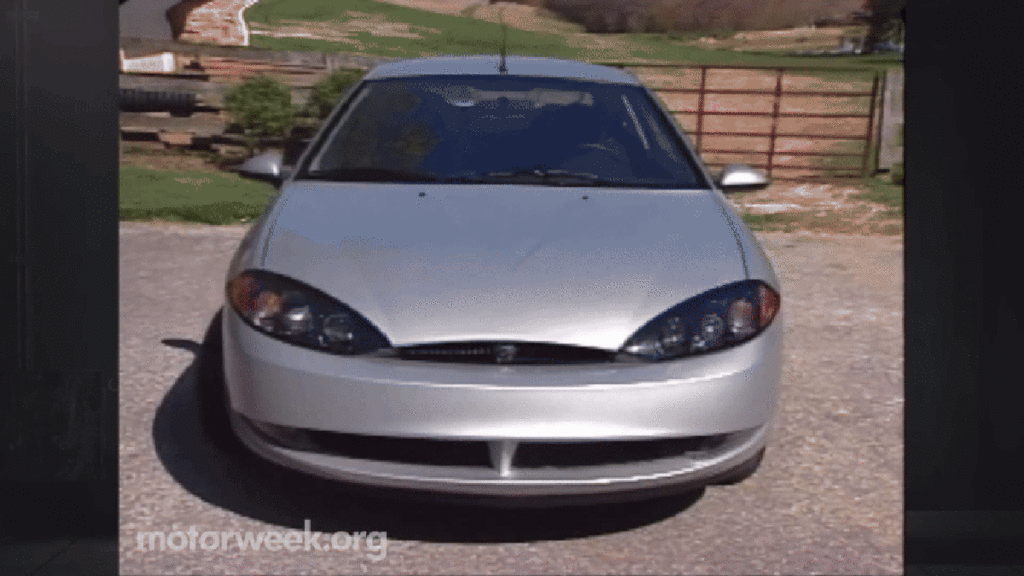You Cowards Are Too Afraid To Admit The 1999 Mercury Cougar Was One Of The Best Looking Cars Ever

I fear that I’m in the minority for even thinking about the now-defunct entry-level luxury brand Mercury and its cars, but I should not be in the minority when I say that I think the 1999 Mercury Cougar is one of the best-looking cars ever sold in the U.S.. I was a huge fan of most of the Ford Motor Company’s new-edge designs like the Ford Focus and the Ford Ka , but the 1999 Cougar was the first FoMoCo vehicle sold in North America with this striking design theme. This was the first front-wheel-drive Mercury Cougar ever, and unfortunately it ended up being the final iteration of the Cougar nameplate, but before all else, it was a stunner.
What Car Should You Buy: Fast, Impractical and Fun
The first Mercury Cougar was introduced in 1967 as a slightly lengthened, slightly more upscale version of the unfathomably popular Ford Mustang at the time. The first generation won over buyers with its hideaway headlights and V8-only line of engine options, and was the only Mercury to ever win MotorTrend’s Car of the Year award. As was the case with all American cars, its subsequent generations suffered from the plight of the Malaise era and became overgrown, underpowered land yachts, even becoming a family wagon at one point. The Cougar’s glory was revived in its sixth generation when it shared a platform with the Mustang once more, and the seventh-generation Cougar which was built on the same dedicated platform as the Ford Thunderbird.
MotorWeek | Retro Review: 1999 Mercury Cougar
In 1999, Ford introduced the eighth-generation Cougar which actually moved down-market from its predecessor’s two-door personal luxury coupe designation to a three-door, front-wheel-drive sport compact. It used the Ford World Car platform that also underpinned the Ford Contour in America and the Ford Mondeo in Europe with four-corner independent suspension and that platform’s well-respected dynamic abilities. Unfortunately for the Cougar’s performance image, the eighth-gen car was only offered with an economy car I-4 that produced 125 horsepower and 130 pound-feet of torque or a Duratec 2.5-liter V6 that produced 170 horsepower and 165 pound-feet of torque. Aside from its lackluster straight-line performance – MotorWeek was only able to achieve a 0-60 time of 7.9-seconds with the top V6 and 5-speed manual powertrain – the Cougar was well-respected for its playful handling characteristics.
Striking styling is what truly sets this car apart, though. It had some of the curvaceousness that was so common in ’90s car designs, but it managed to incorporate the curves without looking like a jelly bean. It had sharp creases and angles to break up the rounded shapes. It had graceful arcs to most body lines on the car from its Cheshire Cat lower air intake, to its dramatic cat-eye headlights – it is named after a species of feline, after all – to its big round backside with unique bulges on the giant triangular tail lights. It’s a masterclass of an early-2000s take on Art Deco-esque design without venturing into tacky territory like the Chrysler Crossfire. The eighth-generation Mercury Cougar shows simultaneous risk-taking and restraint in its design, and I think it deserves a lot more love and recognition than it gets.







